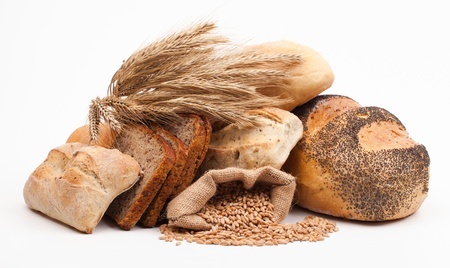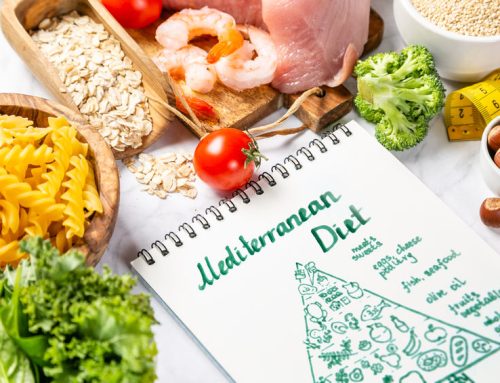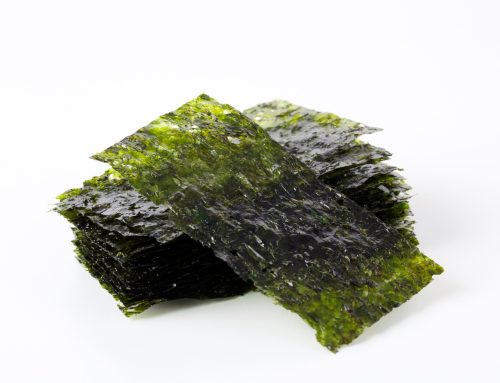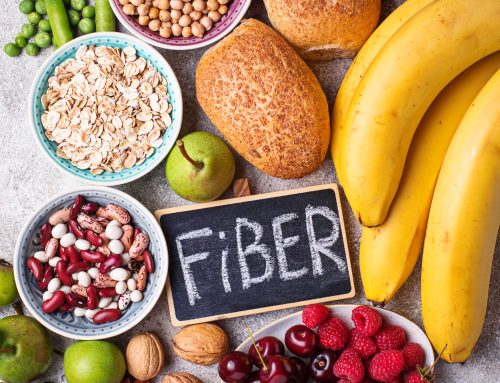Is fiber important? Apparently, most Americans don’t think so. A new study reveals that 93% of Americans aren’t eating enough of this essential nutrient.
Only 7% of adults in the United States are getting the recommended amount of fiber, according to a new study presented at the Nutrition 2021 Live online conference. Men are especially low, at just 5%, but the majority of women are also lacking, with just 9% getting what they need.
Studies on Fiber Intake
Researchers looked at data from more than 14,600 participants of a major nutrition survey, conducted from 2013 to 2018.
• Health guidelines recommend eating 14 grams of fiber for every 1,000 calories, which means that reaching that goal would involve eating about 28 grams for a 2,000-calorie diet.
• On average, women in the study consumed about 9.9 grams per 1,000 calories and men consumed 8.7 grams.
• Researchers also looked at other health data in the study and found those with higher fiber consumption also had a lower risk of type 2 diabetes and cardiovascular disease.
• Previous research has routinely shown associations between high-fiber intake and better heart health, as well as reduced health risks overall.
• Although this study didn’t delve into potential reasons for low fiber intake, other research indicates that it may be related to consumption of highly processed foods—which tend to have little to no fiber—compared to plant-based sources.
Why is Fiber Important?
In another recent study, published in the journal mSystems, researchers found that increasing fiber intake to recommended levels through plant foods produced a significant, beneficial change in participants’ gut health.
Lead author on that study, Katrine Whiteson, Ph.D. associate professor of molecular biology and biochemistry at the University of California Irvine, says poor gut health has been connected with increased risk of some cancers, higher prevalence of autoimmune diseases, and even decreased vaccine efficacy and response to cancer immunotherapy.
A more robust, diverse community of good bacteria in the gut also improves absorption and use of nutrients, Whiteson adds. That can lead to more benefits in terms of weight loss and overall health.
There’s no shortage of plant-based options for dietary fiber, and those choices can include:
• Beans
• Berries
• Avocados
• Leafy greens
• Cruciferous vegetables
• Apples
• Flax seeds
• Nuts
• Sweet potatoes
• Quinoa
• Oats
The list goes on and on, with a focus on whole foods rather than highly processed products, which might have much of the fiber stripped out.
“Making dietary shifts toward high-fiber, whole-food options can have significant benefits when it comes to your health, and get you closer to meeting those recommended amounts,” says Whiteson.
Click here to read more about is fiber important.







